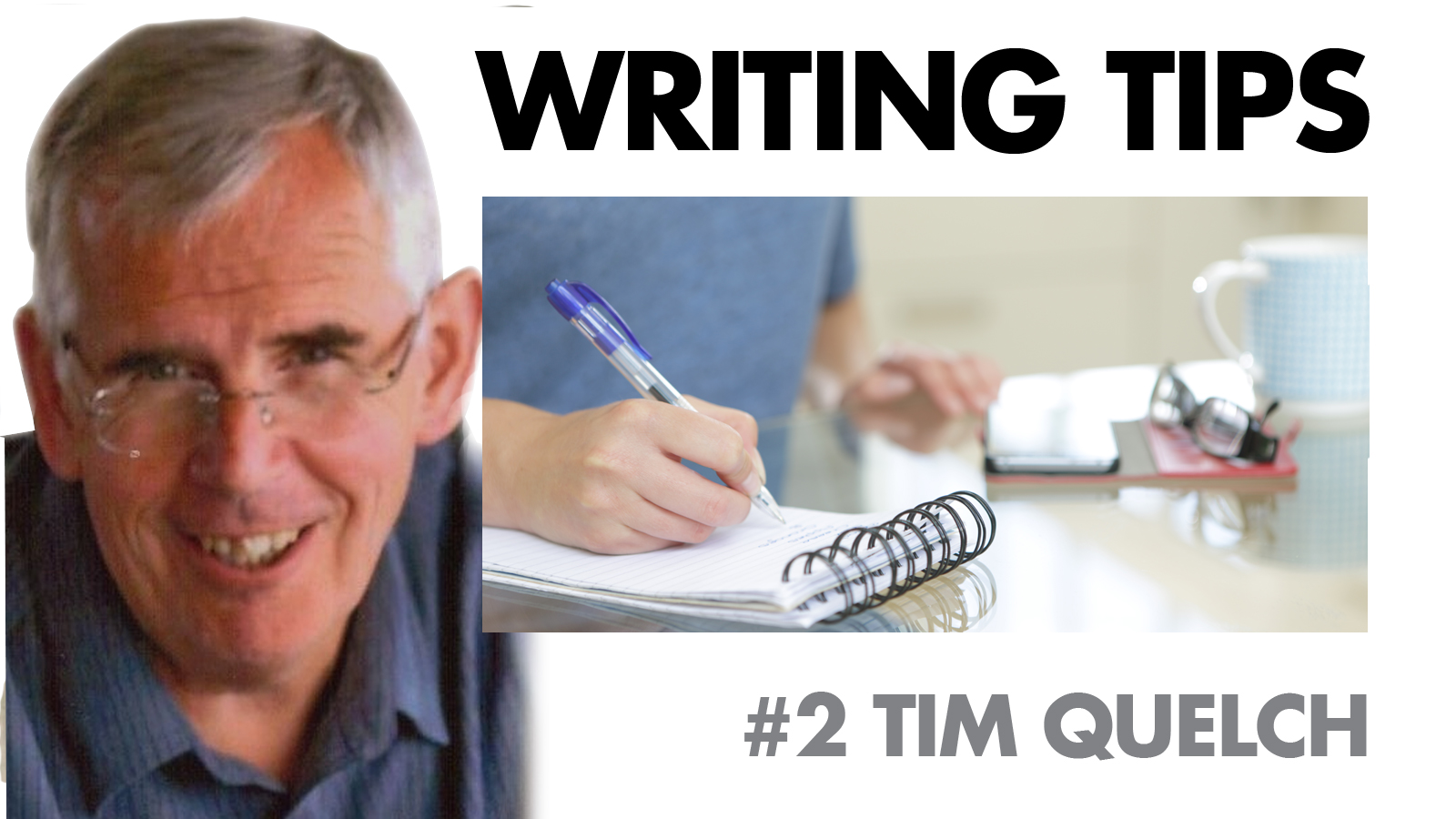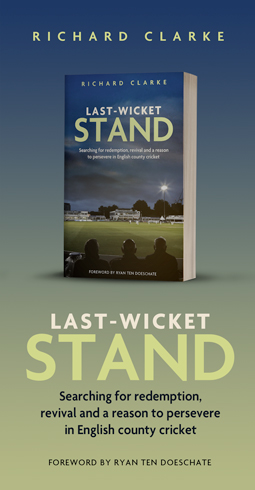
ADVICE FOR WRITERS #3
ADVICE FOR WRITERS #3
Tim Quelch is one of our most prolific authors, since his first Pitch book Underdog! Fifty Years of Trials and Triumphs with Football's Also-Rans was published in 2011.
Since then he's written five more brilliant books, two about cricket, two on Burnley Football Club, and one about a childhood growing up following Sussex County Cricket Club and Brighton & Hove Albion.
Here's his advice, and with experience like that, it is well worth a read.
1. Start by selecting a title. It helps focus your preparations. You can always change it later if it doesn’t work for you.
2. Think about your potential readership. What do you need to bear in mind in writing? What is your specialist knowledge, experience, and any potential sensitivities. What are those implications for book?
3. Try to summarise what your book is about in 50 words. It helps firm up what will be the core features
4. Get a small note book. Carry it with you. Have it by your bed. Jot down random ideas when they occur. Usually there’s some gems you will want to use.
5. Think about what material you need - primary material like interviews, memories, and material you’ve written before; then secondary such as other books, videos & potential sources. Check whether the material is copyright protected and always pursue permission and give an acknowledgement.
6. Don’t think you should start at the beginning & plough on through to the end. Remember you can’t expect to complete a marathon without a lot of preparation. Don’t discourage yourself by setting too daunting targets.
7. Instead write small sections when the mood takes you. Don’t be constrained. Do what you fancy. It doesn’t matter if you write about the ‘end’ before the ‘beginning’. NEVER THROW ANYTHING AWAY.
8. Find critical friends to look at what you have written. If the book is about a specialist subject it helps to have a specialist to have a look & make helpful suggestions.
9. Don’t set yourself too pressing targets for completion. Especially if you have a lot of commitments to fit in. Write when you feel energetic, not when you are tired. Make sure when you write, you enjoy it.
10. Give yourself plenty of time to pull together the various sections into a first draft. It’s my experience that you need to allow yourself time to read through half a dozen times before submitting your draft to eradicate the glitches.
And if you fancy ready any of Tim's work, you can find it all here.


